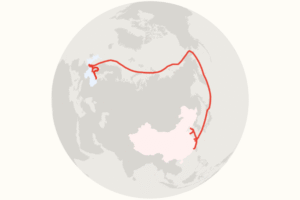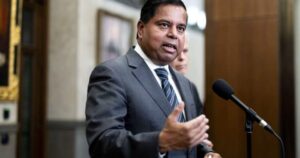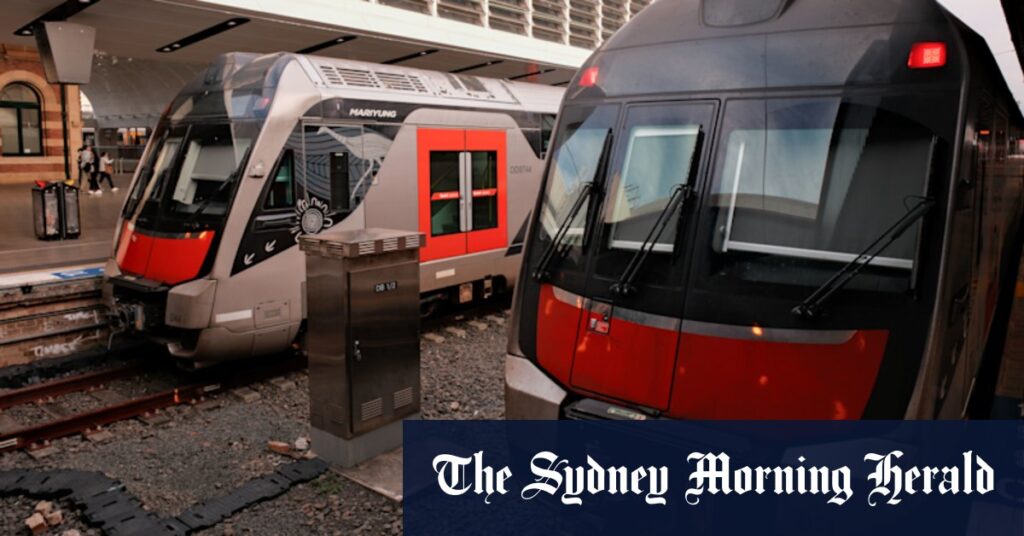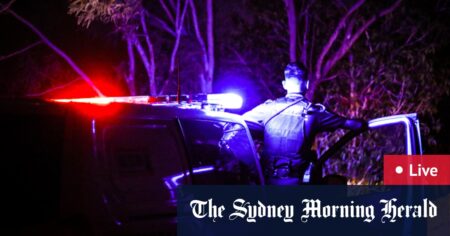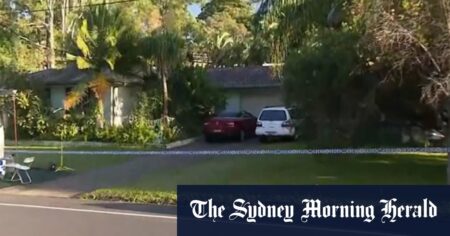Illustrating the scale of the problems, the combined capital cost to complete the purchase of the new intercity and regional train fleets has blown out by more than 50 per cent on original forecasts to $6.8 billion.
Loading
The report also reveals that the first of the new regional trains, which will carry passengers as far as Melbourne, Brisbane and Broken Hill, is not expected to begin services until April next year, which is more than three years late.
It is also later than the worst-case scenario of the first of 29 new trains entering service by this December, which was detailed several years ago in a confidential Infrastructure NSW’s assessment. So far, only six of the trains, which will eventually replace decades-old XPT, Xplorer and Endeavour trains, have arrived from Spain.
The auditor-general found Transport for NSW failed to include the full scope and cost of rail infrastructure grades, which are needed to accommodate the new regional train fleet, in its initial assessment of the project.
The agency has been embroiled in a long-running dispute over design changes with the Spanish-led consortium building the new regional fleet as part of a public-private partnership.
The report found that Transport for NSW’s decision to exclude the operation of the new regional trains from the public-private partnership “significantly increases budget risks”, which the agency failed to manage properly.
As a result, the Minns government has reached agreement with CAF and other contractors to dissolve the public-private partnership known as Momentum Trains. Transport for NSW will now work directly with the Spanish builders and engineering company UGL.
Transport Minister John Graham said the Auditor-General report had “comprehensively laid out the cost” of the previous Coalition government’s failed privatisation in rail procurement.
The government said the deal would “end ongoing commercial disputes and claims”, and save $400 million over the life-time of the project which includes ongoing maintenance.
The auditor-general’s report details a long list of failings by Transport for NSW, ranging from not effectively scoping or estimating the full cost of the new trains to poor engagement with drivers, guards and operational staff.
Loading
The transport agency also failed to manage the higher risks involved in setting up a public-private partnership for the regional trains, which has meant that operational challenges are lumped on Transport for NSW and not the contractor.
In a shot at Transport for NSW’s disclosure, the auditor-general found that documents prepared by the agency are frequently stamped cabinet-in-confidence, including in instances where they do not meet the definition.
“Transport for NSW applies higher sensitivity classifications to many more documents than is required or can be justified … and this limited transparency,” it said.
In a response, Transport for NSW said it endeavoured to provide accurate financial information about project progress and status in the state budget, noting that commercial negotiations “added complexity”.
Start the day with a summary of the day’s most important and interesting stories, analysis and insights. Sign up for our Morning Edition newsletter.
Read the full article here


